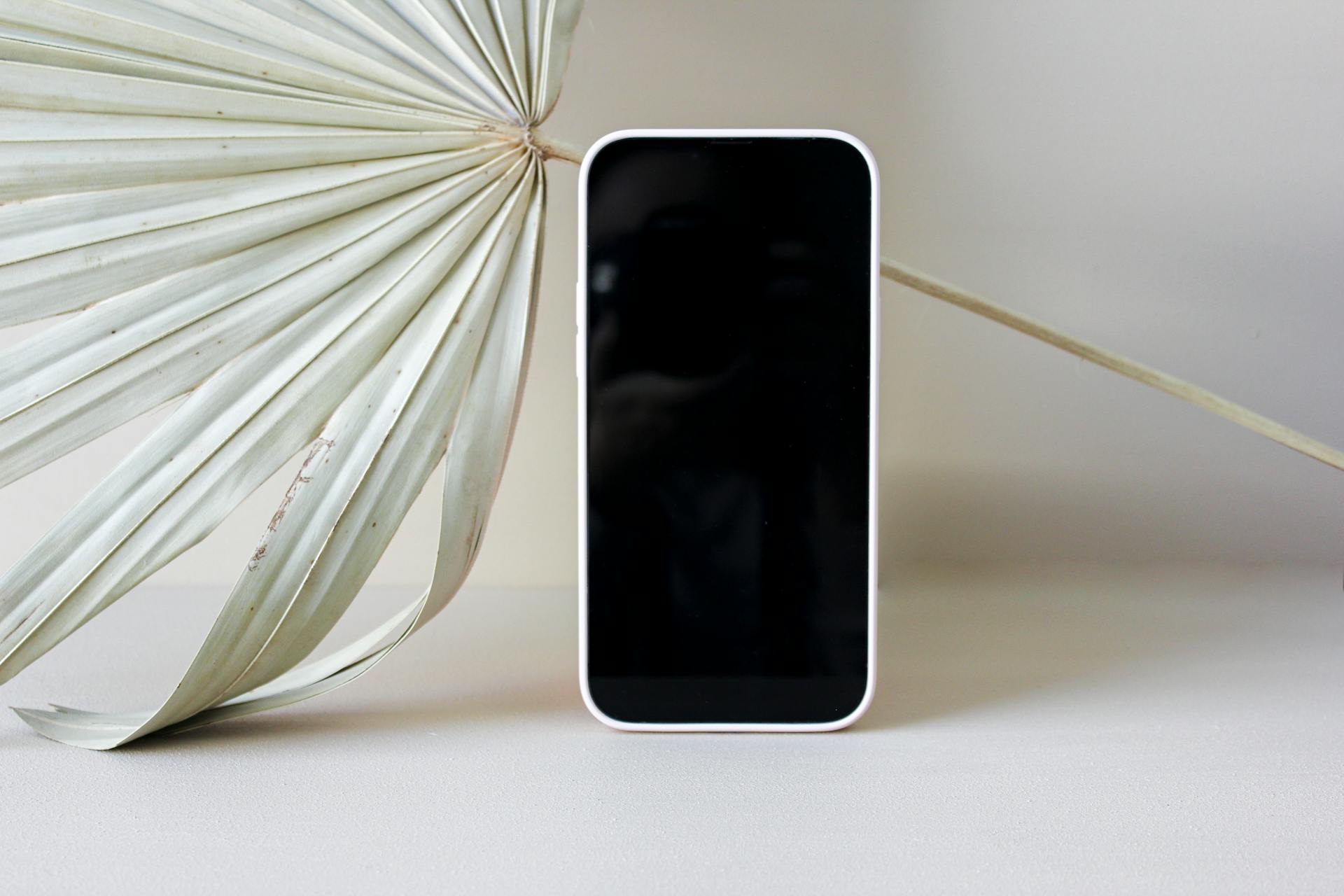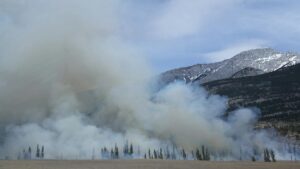A large-scale cell phone service outage hit the nation on Thursday, leaving countless people unable to use their mobile networks. The trouble started early in the morning and quickly caused confusion and annoyance everywhere as communication was cut off.
Initial Reports and Impact
At sunrise, people began to notice that their phones – normally reliable connections to the rest of the world – were no longer working. The problem didn’t discriminate, impacting users in cities and rural areas alike and hitting big companies like AT&T, Verizon, and T-Mobile. Without the ability to call, text, or go online, everyone felt disorganized and troubled by the inconvenience.
AT&T, the Epicenter of the Outage
AT&T was hit hardest by the outage, with its large customer base suddenly losing service. By the afternoon, it was clear over 58,000 outages were reported, especially in major cities like Houston, Atlanta, and Chicago. The issue also affected FirstNet – AT&T’s network for emergency services – which raised concerns about safety and emergency communications.
Investigations and Response
After the confusion set in, government bodies quickly got to work finding out what caused the outage and looking for solutions. The Department of Homeland Security (DHS), the Federal Bureau of Investigation (FBI), and the Federal Communications Commission (FCC) all started investigations. Early guesses pointed towards
The threat of a cyberattack led to increased alertness and worry among those responsible for protecting the country’s online systems.
Later on, AT&T cleared things up, blaming the outage on a technical slip-up instead of a cyber strike. A mistake during network growth was pinpointed as the cause, with the company reassuring everyone that it wasn’t a hacking incident. Despite this, authorities kept up their investigations without slowing down, staying watchful for any risks to national safety.
Impact on Emergency Services
The chaos sparked anxiety about reaching emergency services like 911. Local governments and crisis teams had operation glitches, sounding the alarm about what this could mean for people’s safety. San Francisco’s emergency team warned folks to have another way to contact 911 if needed, while others rushed to make backup plans to lessen the problem’s blow.
Local Perspectives
In New York’s Madison County, hit hard by the outage, emergency bosses worked non-stop to calm residents and keep key services going. Even with spotty network in more remote spots, 911 was still up and running, giving people a line to help. But the event was a strong nudge about being ready and resilient when unexpected stuff happens. It led to calls for better communication setups and emergency plans.
Restoration Efforts and Future Preparedness
All day, service providers slogged to get systems back online, easing off the pressure on communication networks. AT&T asked customers to use other ways to stay in touch and report any service issues while service was being restored. The outage pushed them to beef up defenses against future mishaps and upgrade systems, so they bounce back faster after outages.
People were advised to use Wi-Fi calls as a quick fix, and at the same time, companies stayed in touch with their customers to sort out any issues and give them the latest news on getting services back. After everything had calmed down from what happened that day, the government officials and groups that make sure rules are followed promised to look deeply into what caused the problem. They said they’d make sure things get better so networks can stand strong and not break down like this in the future.
Conclusion
The whole country losing cell phone service was a wake-up call about how much we all depend on technology and how easily it can mess up. As people look into it more and learn from it, everyone involved is determined to get better at handling emergencies and make our communication systems stronger to keep information flowing when bad things happen.
In a world that’s more connected every day, it’s very important to be able to keep in touch, especially when times get tough. This shows why it’s key to be alert, ready, and always doing things to protect us from anything that could knock us off track.











+ There are no comments
Add yours